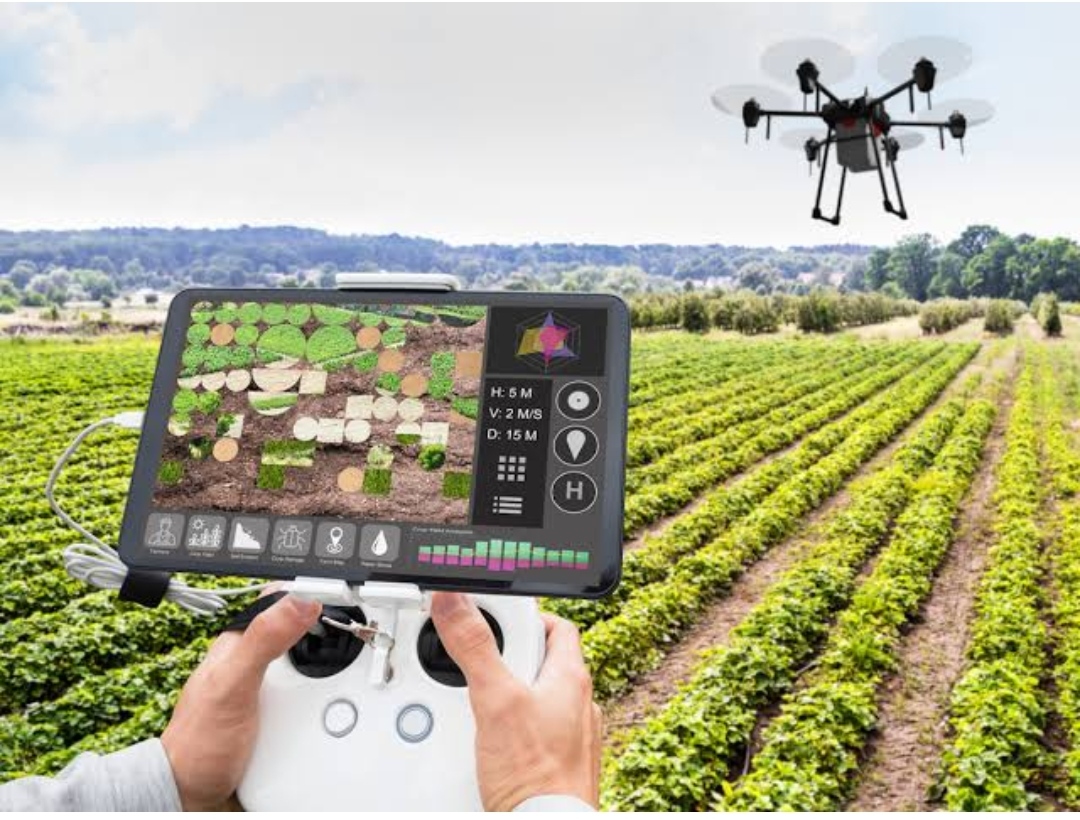The agritech sector holds immense potential to revitalize agricultural production through innovative technologies and solutions. With the global population steadily increasing and arable land diminishing, there’s a growing urgency to enhance agricultural efficiency and sustainability. Agritech offers a range of tools and approaches to address these challenges:
Utilizing data analytics, sensors, and GPS-based systems, precision agriculture enables farmers to optimize inputs such as water, fertilizers, and pesticides, leading to improved yields and resource management. This approach minimizes waste and environmental impact while maximizing productivity.
Integrating Internet of Things (IoT) devices and automation, smart farming systems enable real-time monitoring of crops, livestock, and environmental conditions. Farmers can remotely manage operations, detect anomalies, and make timely decisions to optimize productivity and reduce risks.
In urban areas with limited space, vertical farming offers a sustainable solution by cultivating crops indoors in stacked layers. Controlled environments ensure optimal conditions for plant growth while minimizing water usage and eliminating the need for pesticides. Vertical farming also reduces transportation costs and carbon emissions associated with traditional agriculture.
Advances in biotechnology have led to the development of genetically modified crops with improved resistance to pests, diseases, and environmental stressors. Biotech companies continue to innovate, creating crops with enhanced nutritional profiles and higher yields, contributing to global food security.
Agritech solutions extend beyond the farm gate to optimize supply chain logistics, storage, and distribution. Blockchain technology enables transparent and secure transactions, traceability, and quality assurance, fostering trust among stakeholders and reducing food waste.
Digital platforms and mobile apps empower farmers with tools for crop planning, financial management, and decision support. These software solutions enable data-driven insights and collaboration among farmers, agronomists, and other stakeholders, enhancing productivity and profitability.
Agritech promotes sustainable agricultural practices by promoting organic farming, conservation tillage, and agroforestry. By integrating ecological principles with technological innovations, farmers can enhance soil health, biodiversity, and resilience to climate change.
In conclusion, the agritech sector offers a diverse array of technologies and strategies to revive agricultural production sustainably. By embracing innovation and collaboration, farmers can increase yields, reduce resource consumption, and ensure food security for future generations.
For more information visit at https://happenrecently.com/zepto/?amp=1















